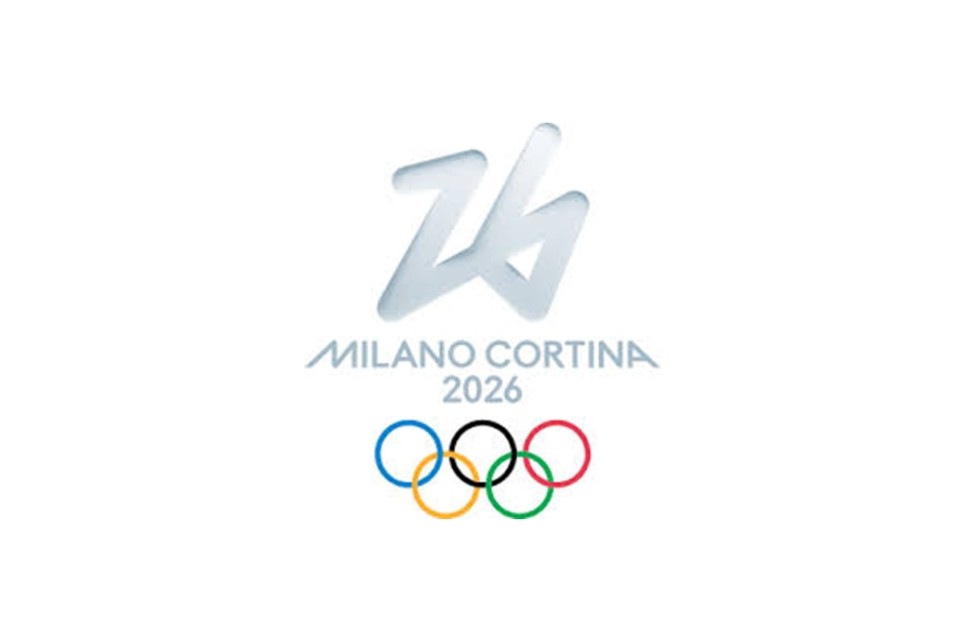Tue, May 25, 2021
WADA Executive Committee approves dried blood spot testing
To optimise for archiving, the original image and related documents associated with this article have been removed.
The World Anti-Doping Agency Executive Committee has approved a Technical Document for the innovative dried blood spot testing method.
WADA’s Executive Committee and Foundation Board met virtually on 20th and 21st May to discuss dried blood spot (DBS) testing and contamination, WADA’s governance reforms and responses to the ongoing challenges posed by the Covid-19 pandemic.
The Executive Committee unanimously approved a Technical Document on DBS so that the process for sample collection, transport, analysis and storage is set out for WADA-accredited laboratories and Anti-Doping Organisations. WADA President Witold Banka said “WADA believes in the potential for dried blood spot analysis to become a very valuable addition to the testing program. It can be used to complement current anti-doping practice, in particular to facilitate the analysis of unstable compounds and to expand on the number of athletes that can be tested in more remote areas of the world from where traditional blood samples are difficult to transport. Given the logistical and cost advantages, DBS will allow testing authorities to target more athletes and collect more samples.”
WADA Senior Executive Director for Science and International Partnerships, Dr Olivier Rabin said “The approval of this Technical Document is an important step toward harmonizing DBS practice within anti-doping. We are aiming to trial certain elements of DBS testing at the Olympic and Paralympic Games in Tokyo this year before rolling it out for routine use at the Games in Beijing early next year.”
Some benefits of DBS include:
- Easy sample collection (finger prick)
- Less invasive than urine sample collection
- Less space required to store samples
- Less expensive collections and transport of samples
The Technical Document will come into effect on 1 September 2021 with the view to DBS being routinely used at the 2022 Beijing Winter Olympics and beyond.
You can read the WADA statement here.



